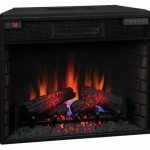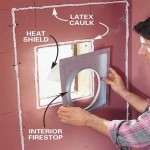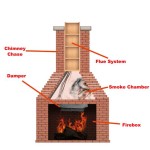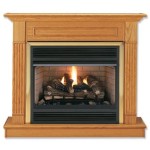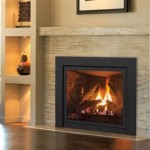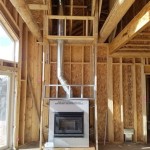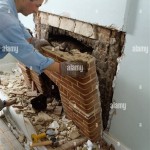Brick Veneer for Fireplaces: A Guide to Essential Aspects
A fireplace can be a stunning focal point in any home, adding warmth, character, and ambiance. Brick veneer is an excellent option for fireplace surrounds, offering a classic and timeless look. Here are some essential aspects to consider when choosing brick veneer for your fireplace:
Material Selection: Brick veneer is made from real or manufactured brick, each with its own unique characteristics. Real brick offers a more authentic look and texture but can be more expensive. Manufactured brick is more affordable and lightweight, making it easier to install. Consider the desired aesthetic and budget when making your selection.
Colors and Textures: Brick veneer comes in a wide range of colors and textures, allowing you to customize the look of your fireplace to match your décor. From warm reds and earthy browns to cool grays and blacks, the choices are endless. Consider the surrounding wall finishes and furniture to ensure a harmonious blend.
Bond Patterns: The bond pattern refers to how the bricks are arranged. Common patterns include running bond (stacked horizontally), stack bond (stacked vertically), and basketweave (alternating rows of vertical and horizontal bricks). Choose a bond pattern that complements the style of your fireplace and the overall design of your home.
Grout Color and Texture: The grout between the bricks plays a significant role in the overall appearance of your fireplace. Grout color can range from white to black and can be smooth or textured. Darker grouts create a more traditional look, while lighter grouts offer a more modern feel. Consider the color and texture of the brick veneer and surrounding finishes when selecting the grout.
Installation: Brick veneer can be installed by professionals or as a DIY project. If you choose to install it yourself, ensure you have the necessary tools and skills. Proper preparation, including framing, backer board, and mortar application, is crucial for a successful installation. Allow ample drying time before using the fireplace to prevent any moisture issues.
Maintenance: Brick veneer is relatively low-maintenance. However, it can accumulate dirt and soot over time. Regular cleaning using a soft brush or vacuum cleaner will help keep it looking its best. Avoid using harsh chemicals or abrasive cleaners, as they can damage the finish of the bricks.
Brick veneer for fireplaces offers a timeless beauty and adds a touch of elegance to any home. By considering these essential aspects, you can create a fireplace surround that perfectly complements your décor and brings warmth and ambiance to your living space.

How To Install Thin Brick Veneers On Your Fireplace

Building An Electric Fireplace With Brick Facade

Grey Is The New Red In Thin Brick Veneer Stone Farm

Thin Brick Veneer Burnstein

Installing Stone Veneer Over A Brick Fireplace Grand River
Crisp Brick Takes Fireplace From Dull To Dazzling Heat Glo

Brick Veneer Old Towne Mountain View Stone Painted Fireplaces Fireplace

7 Popular Stone Veneer Fireplace Design Trends Mason S Mark

Fireplace Remodeled With Old Chicago Thin Brick Veneer Country Living Room Tampa By Skinnybrik Reclaimed S Houzz Au

Natural Stone Veneer Kitchener London Stoney Creek Fergus
Related Posts

